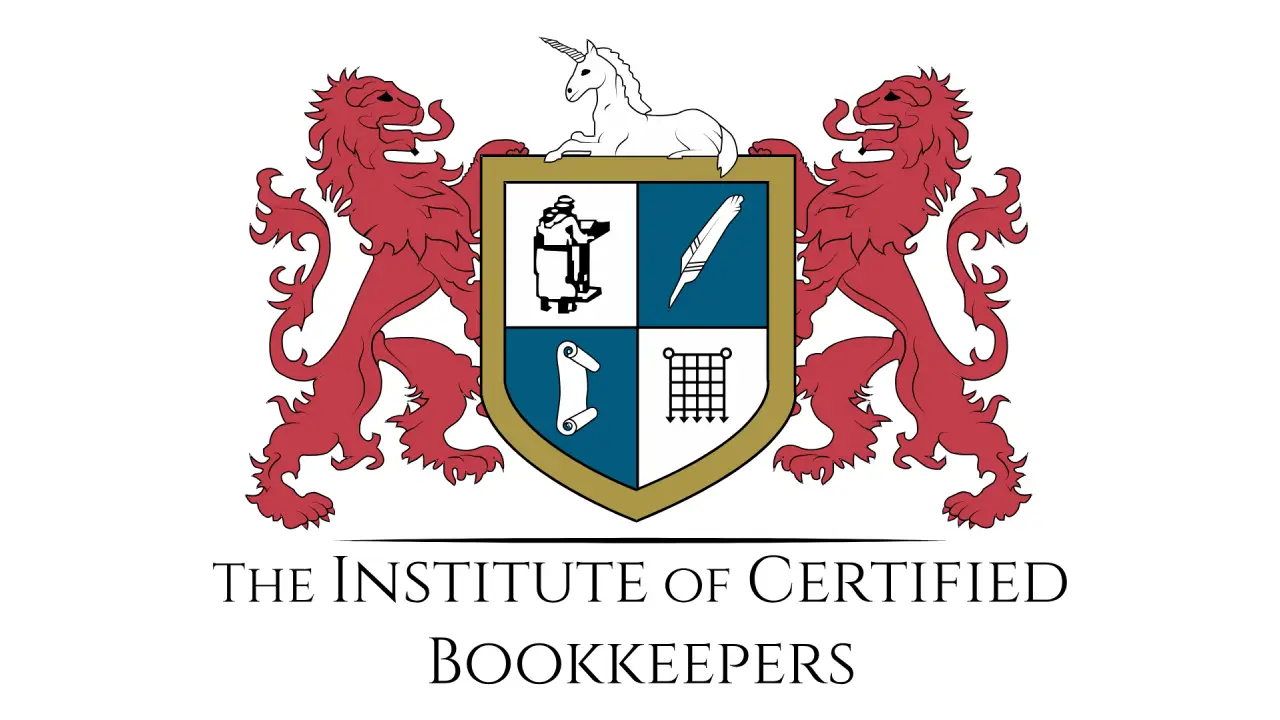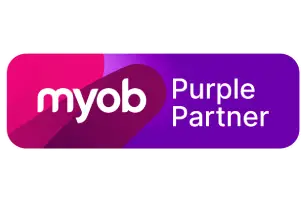ORGANISED, EFFICIENT & EXPERIENCED
A good Bookkeeper should understand the industry a business is in, the business process, and the requirements of a business. They make sure that processes are streamlined to provide business owners with reports and assists small business owners to meet the requirements and deadlines for compliance.
A Professional Bookkeeper should be connected to a professional association providing support, resources, and accreditation. They have a commitment to continual education, learning and development of skills.
ETHICAL & TRUSTWORTHY
A Bookkeeper has a trusted and respected role. Ethics and trustworthiness are paramount. The business owner and the Bookkeeper should feel comfortable with each other to build a relationship that is founded on trust.
Bookkeepers should only ever be honest and thorough in their dealings. For instance members of the ICB are not allowed to engage in dishonest activities even if they’re unaware, which means due diligence in taking on clients is of the utmost importance.
A Bookkeeper has a duty to do the right thing and take steps to put things right when something goes wrong (which does happen). The bottom line is that the bookkeeper is honest and accurate. Everything else will follow from working to this fundamental attitude.
TRAINING & ACCREDITATION
A good Bookkeeper should understand the industry a business is in, the business process, and the requirements of a business. They make sure that processes are streamlined to provide business owners with reports and assists small business owners to meet the requirements and deadlines for compliance.
A Professional Bookkeeper should be connected to a professional association providing support, resources, and accreditation. They have a commitment to continual education, learning and development of skills.
LATEST TECHNICAL KNOWLEDGE
Due to an increase in the reliance on digital technologies a Bookkeeper should have the latest software knowledge.
COMMUNICATION SKILLS
Bookkeepers are a community that helps, and Professional Bookkeepers need to have fundamental characteristics in order to be successful, established, and compliant. Excellent communication skills are necessary for a smooth flow of interaction within the business.
Good communication with the business owner means a better flow of deadlines and requirements to ensure the business meets their reporting obligations. A good Bookkeeper asks the relevant questions. They will also share ideas with the business owner on matters of financial planning, methods of increasing revenue, budgeting, cash flow, and cost-saving strategies they can adopt to improve the performance of the business.








